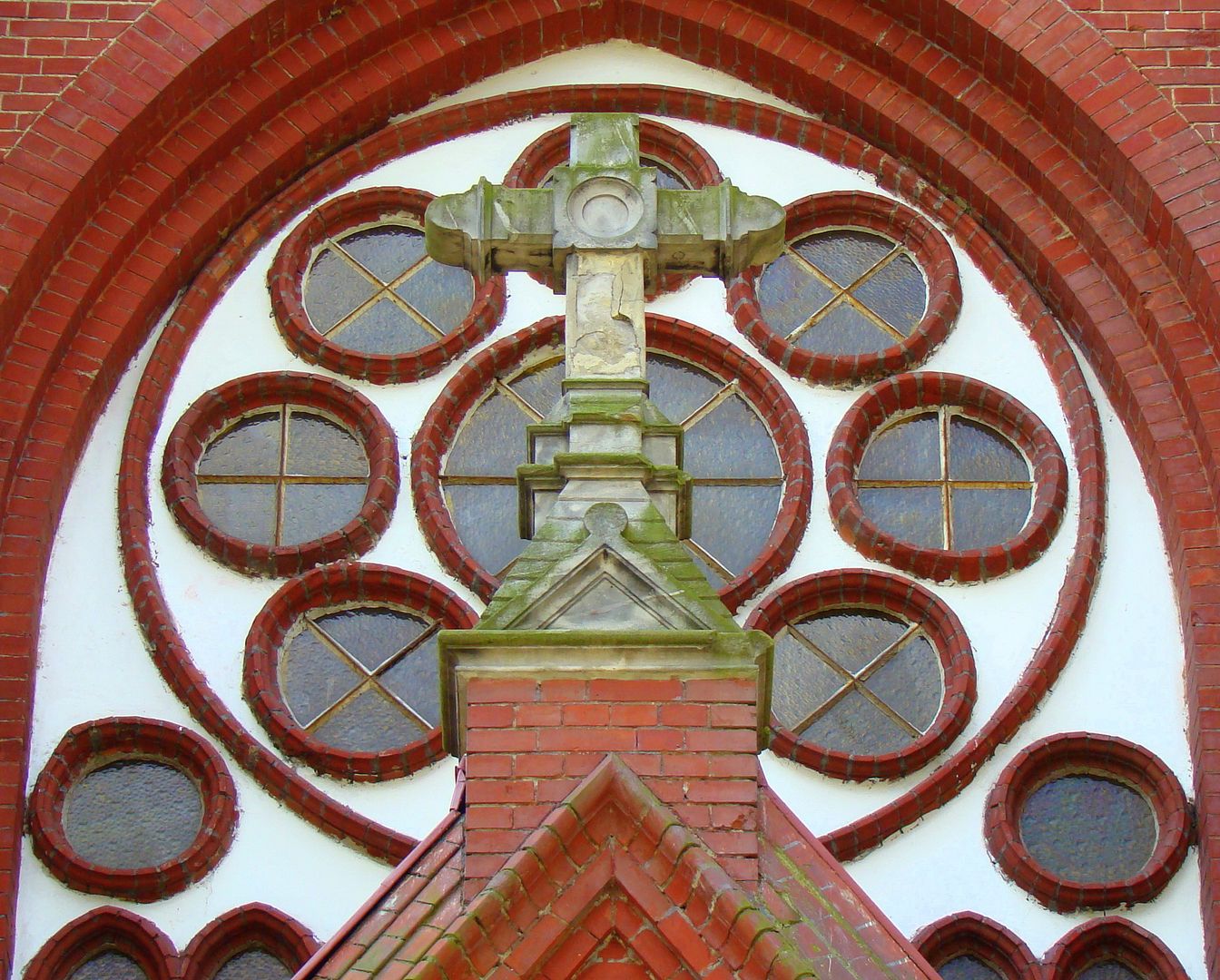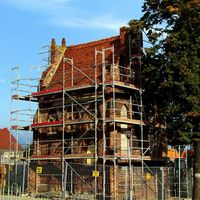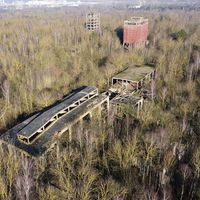Policja
7.74

Overview
Police is a town in northwestern Poland, located in the West Pomeranian Voivodeship on the Wkrzańska Plain. As a seaport on the left bank of the Oder River estuary, it serves as a key economic hub for the region, featuring a major seaport and inland port. The history of Police dates back to the Middle Ages, when it was granted town rights under Magdeburg Law in 1260 and later became known for its hop production. During World War II, the town became a center of intense industrial activity, primarily due to a synthetic gasoline factory that employed many forced laborers. After the war, Police underwent administrative and demographic changes, losing its former German character. The architectural heritage of Police includes the Neo-Gothic Church of the Immaculate Conception of the Blessed Virgin Mary and the Gothic ruins of an Augustinian monastery, which bear witness to the region’s rich history. The town is also known for its cultural institutions, such as the Municipal Cultural Center, which hosts various artistic events, festivals, and weekly tours of the former factory site. Interestingly, Police is home to four islands, and the Oder estuary is part of a special habitat protection area. The town strives to combine industry with tourism by offering hiking and cycling trails in the surrounding forests of the Wkrzańska Wilderness, making it an attractive destination not only for residents but also for visitors. Sports play a significant role in Police, with numerous clubs, including KPS Chemik Police, which competes in the Tauron Liga, highlighting the town’s athletic spirit. Despite its industrial tradition, Police successfully develops cultural, architectural, and tourism aspects, making it an interesting place on the map of Poland.
Location
Tickets
Powered by GetYourGuide
You can also find here:
2026 Wizytor | All Rights Reserved

